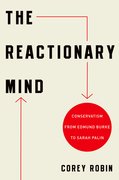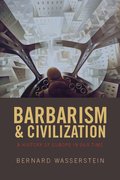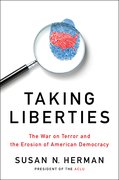That old centrist magic: Jonathan Stein responds to Jonathan Chait
In the New York Times Magazine, Jonathan Chait roiled the waters of progressive opinion by claiming that the left is a little delusional in its criticism of Obama for failing to do more to improve the economy. Accusing liberals and leftists of “magical thinking,” Chait wrote that the left overlooks a major obstacle Obama would have faced had he pursued a larger stimulus plan in early



















